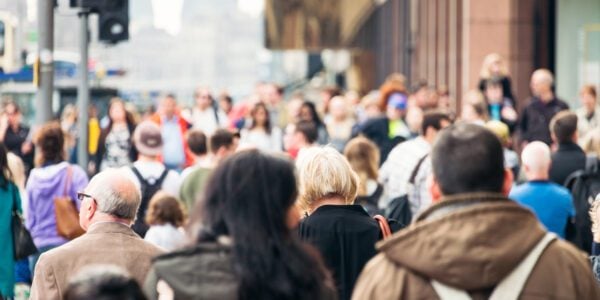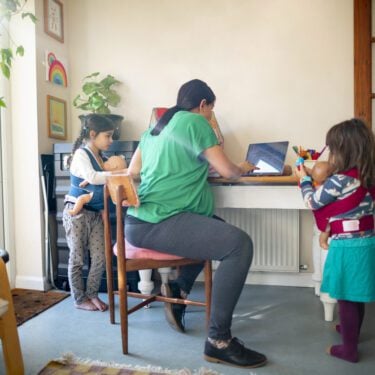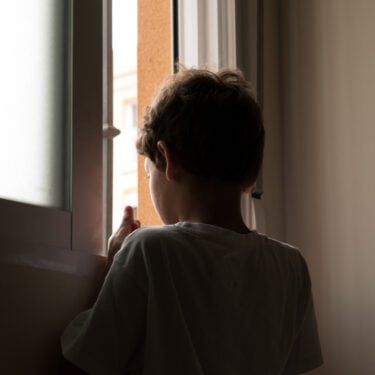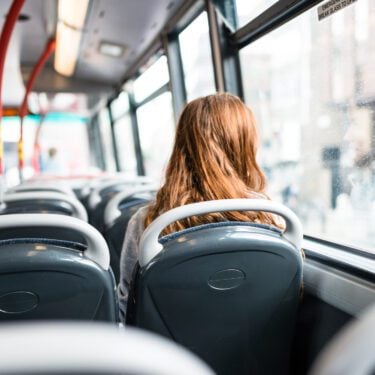
25/09/23
4 min read
By 2043, 24% of the UK population will be aged 65 and older. A new project sets out to examine how we might develop better systems to improve the well-being of people in later life.
More of us are living for longer. That should be good news. More time to spend with family and friends and more opportunities to enjoy hobbies and activities in retirement.
But growing old in Britain feels increasingly uncertain. The systems in place to support us as we age – state pensions, the NHS and social care – are straining under various pressures. And crucially, while interdependent, these systems often don’t work well together because there is no joined-up, holistic approach.
Ambitious project begins
In recognition of these challenges, the Foundation is funding a significant piece of new research by Dr Olena Nizalova at the University of Kent which has just started its work.
Connecting pensions, health and care is our latest strategic-level grant and joins five other ambitious projects exploring some of the most significant policy challenges facing us in the next decade. It is also an important part of the Nuffield Foundation’s interest in funding for research on living well in later life.
We think that what it means to live well in later life gets to the heart of what it means to live well at any age. In addition to the well-being of our parents and grandparents, it makes us think about our future selves, plan ahead and think how we might shape society to enhance well-being for everyone at all stages of life.
Dr Nizalova’s research sits alongside other grants on this topic including Ethnic inequalities in later life, The geography of challenges and opportunities in later life in England and Pension saving over the lifecycle, and it is a portfolio that we are keen to expand.
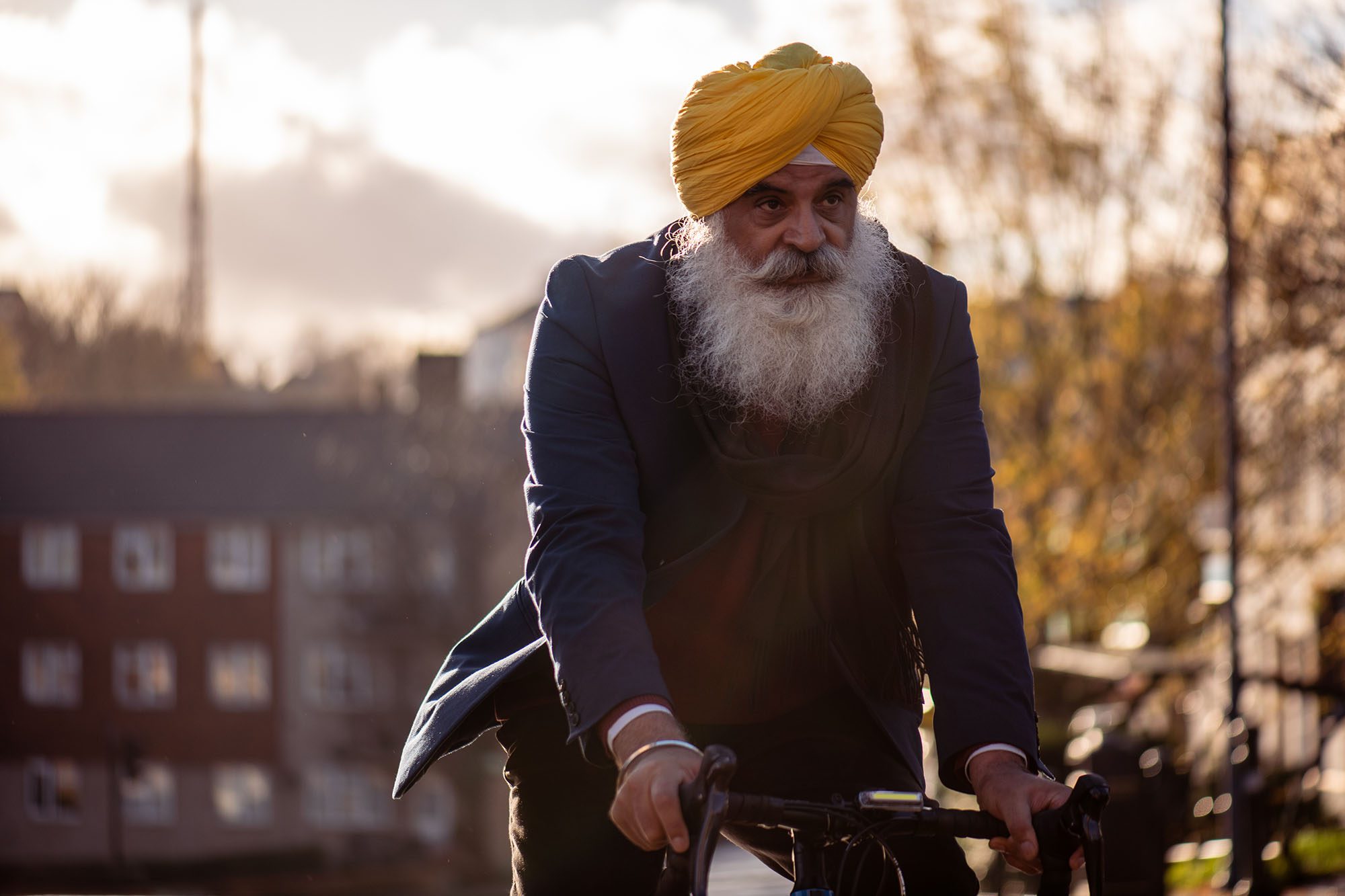
The need for research on how society supports older people
The impact of the UK’s ageing population combines with other pressures on public services and the public purse, to create a multitude of complex issues, with risks to the well-being of older people and their families.
As we see all too often in news headlines, health and care systems across the four nations are struggling, and often failing, to meet the needs of our growing older population. We are seeing ever-greater numbers of people living with multiple health conditions and more older people living alone.
This requires us to think differently about the supports that people might need and the policy approaches that should be taken, and at the same time thinking about how systems might deliver what is promised in an affordable way. Given the interconnectedness of support systems, policy change in one area invariably affects the others, but too frequently they are considered in isolation. For example, raising the state pension age might save the government money but have a negative impact on the availability of informal caregivers, which puts a greater financial burden on health and social care services.
Why evidence is important
To succeed, new policy and practice ideas must be informed by relevant and rigorous data and evidence.
Over three years, Connecting pensions, health and care will gather data on people’s attitudes and review the evidence on how the intertwined elements of support for older people – state pensions, health and social care – are linked across different stages of people’s lives. It will develop a pilot model to enable a better understanding of policy options and trade-offs, aimed at creating a holistic, more effective system to improve the well-being of people in later life.
A multi-faceted approach
A strength of the project is that it will draw in expertise from the fields of economics, social policy, computer science and sociology. Insights from policymakers, practitioners and people with lived experience will also ensure that the research is informed by a strong understanding of the choices societies with ageing populations have to face.
Impact across generations
Decisions made today on pensions, healthcare, and social support will have far-reaching consequences for both current and future generations. That is why Connecting pensions, health and care will also look at inequalities within and between generations.
For example, there is a risk that intergenerational tensions might increase if social care provision for older people is funded by ever-increasing taxation on workers. Yet, without improvements to social care, subpar levels of support affect older adults and their families, who must deal with the consequences of systems that don’t work.
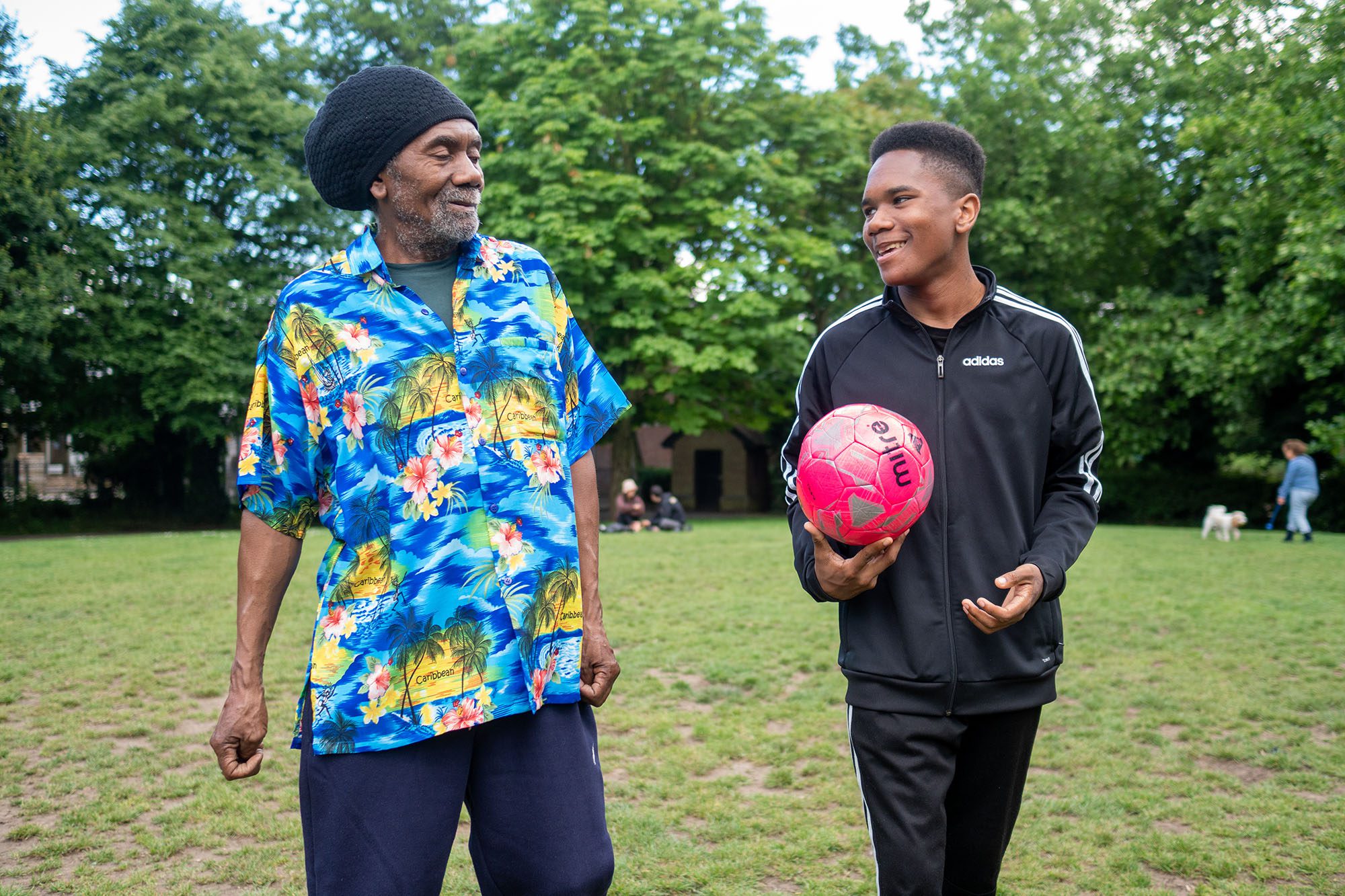
What next? We’re looking for new ideas on living well in later life
The Nuffield Foundation wants to support the development of new evidence about the reality of people’s experiences and the practical steps that would improve the quality of their lives.
Living well in later life, both now and in the future, is core to our concerns. We want to fund complementary research, alongside Connecting pensions, health and care, which investigates what it means to live well in later life, including at the end of life, and the interventions over the life course that might enhance how that life is lived. We want to support the development of new evidence about the reality of people’s experiences and the practical steps that would improve the quality of their lives.
Questions such research might address include:
- Journeys – as health and personal circumstances change, how do older people navigate different aspects of life including those relating to society and culture, systems and the state, work and the economy, community and neighbourhood, families and individuals?
- Individual care and support – what combination of paid and unpaid support might older people need to enhance their well-being? What unpaid support do older people provide for other family members and the wider community? What role do intergenerational connections play?
- Welfare ecosystem – how should formal systems of care and support be organised to best enhance the quality of later life and what needs to change? Support may be considered in the widest sense and may include personal financial support.
- Specific experiences – how do challenges vary, e.g., for people ageing without children, or waiting for their immigration status to be resolved, or affected by the accumulation and intersection of different inequalities across their life course?
And just as Connecting pensions, health and care will start by studying people’s attitudes to various features of each of the systems that support older adults (and their impact on well-being), we are also interested in the ways in which a diversity of older people’s voices might enhance the relevance and quality of the research that we fund.
Get in touch
If you have an idea for a project that addresses one or more of these research questions, we have two application rounds each year. Find out more here.
The Nuffield Foundation is currently consulting with stakeholders about its strategic objectives. If you would like to share your thoughts on what we should focus on over the next 20 years, email us at strategyconsultation@nuffieldfoundation.org.













